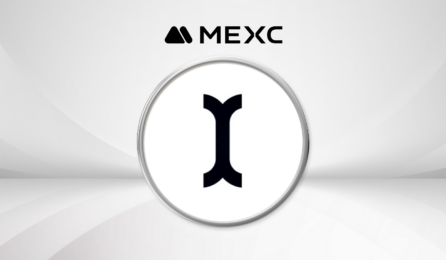
Google to extend election policies to AI tools ahead of 2024 US presidential election
- Direct links to verified information will be integrated into Gemini.
- YouTube’s AI content to focus on factual data to prevent misinformation.
- Google responds to regulatory pressures by updating AI policies for election integrity.
Alphabet Inc.’s Google has announced plans to expand its electoral policies to cover most of its artificial intelligence (AI) products in preparation for the upcoming US presidential election.
The move aims to bolster the reliability of information across platforms like Search, YouTube, and various AI-driven tools.
Google’s initiative reflects its commitment to enhancing transparency and accuracy as the election season approaches, amidst growing concerns about misinformation in AI-generated content.
This update aligns with recent regulatory scrutiny and the tech giant’s ongoing efforts to safeguard the integrity of election-related information.
Google’s new policies target AI-driven misinformation
Copy link to sectionGoogle’s expanded policies will encompass a range of AI-driven products, including Search AI Overviews, YouTube’s AI-generated summaries for Live Chat, and the Gemini suite of image generation tools.
The company aims to address the potential for errors and misinformation, which could arise from AI technologies that are still in development or evolving in response to breaking news.
The updated policies will also cover government applications on Google Play, which will be identifiable through a newly launched badge system.
As part of these new measures, Google plans to integrate direct links to Google Search within its Gemini platform to guide users to verified and up-to-date election-related information.
This approach targets users searching for details about candidates, voting procedures, and election outcomes.
Google acknowledges the evolving nature of AI and its potential pitfalls, such as providing inaccurate information during fast-changing events, which reinforces the need for clear pathways to validated sources.
YouTube to enhance AI-generated content
Copy link to sectionYouTube, another key platform in Google’s portfolio, is also set to see a revamp of its AI policies. AI-generated summaries for Live Chat will be designed to align more closely with factual data and to avoid the spread of misinformation.
This is crucial as YouTube remains a popular platform for political discourse and has previously faced criticism for content that could sway public opinion.
Google’s efforts to fine-tune AI algorithms and filter content aim to mitigate these risks, contributing to a more reliable election information ecosystem.
Google has also introduced a badge system on Google Play to distinguish applications from official government bodies.
This feature aims to provide users with a clear indication of the legitimacy of such applications, thereby helping them make informed choices.
The badge system will be particularly relevant in the context of elections, where government apps may play a significant role in voter education and engagement.
Policy updates come amid regulatory pressure
Copy link to sectionGoogle’s policy updates come amid increasing regulatory pressure from governments and global watchdogs to curb the spread of misinformation.
The upcoming US elections present a critical juncture where the accurate dissemination of information becomes paramount.
These new measures reflect Google’s proactive stance in navigating regulatory expectations while addressing public concerns about AI’s role in shaping electoral narratives.
Google’s approach underscores its commitment to ensuring the integrity of election-related information across its platforms.
By extending its electoral policies to include AI-driven products, the tech giant is not only responding to regulatory demands but also setting a precedent for other companies operating in the AI space.
This strategy is aimed at maintaining public trust and mitigating risks associated with misinformation, especially in an election year where stakes are high.







